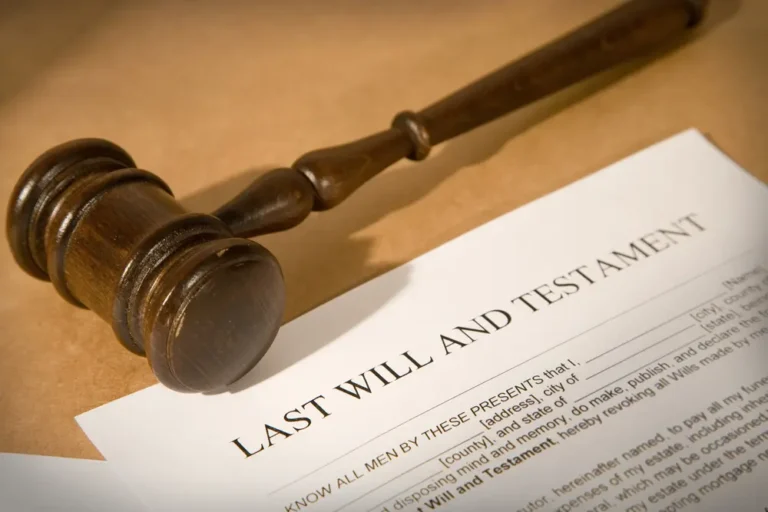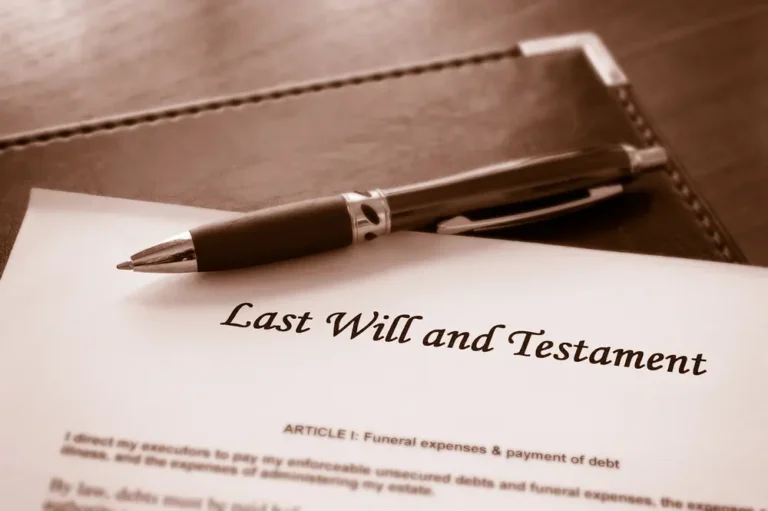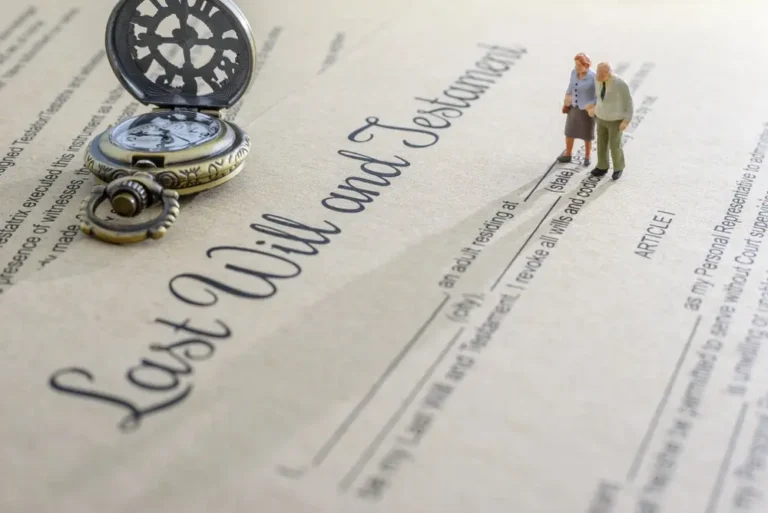What Are the Responsibilities of An Executor of An Estate?~3 min read

If you have been named executor or administrator of an estate following the death of a friend or loved one, the law imposes upon you certain responsibilities. Texas law also requires you to be represented by an attorney to guide you to be sure you fulfill your executor duties and to help you as you strive to fulfill the wishes of the decedent.
At Springer & Lyle, our estate planning attorneys stand ready to guide you through the complicated legal process of probate.
Responsibilities of the Executor of an Estate
After the will has been presented to the probate court, and you have been legally authorized to act as the executor, some of the duties you have are:
Locating and inventorying estate assets. This includes:
- Personal property: real estate, cars, checking accounts, household goods, for example.
- Financial holdings: investment accounts, stocks and bonds, etc.
- Real estate in another state, which requires you to open probate in that state.
- Businesses that were owned by the decedent.
The inventory, itemizing each asset and its value as of the date of the decedent’s death must be filed with the court. We will provide you a list and assistance in compiling this inventory. There is a provision in the law for filing an Affidavit in Lieu of Inventory in certain circumstances, but an inventory must still be completed.
Paying debts and taxes. This requires:
- All creditors be given notice of the probate and given the opportunity to file a claim. Springer & Lyle can help you follow the required processes and publications.
- The executor to follow legal procedures to be sure the debt is legitimate and legitimate debts are paid.
- Tax returns for the estate and the decedent to be filed with the IRS.
- The Social Security Administration to be notified of the death.
- Credit cards to be canceled.
- The executor to identify and set aside estate property exempt from creditor claims for the beneficiaries or an allowance in place of those items.
Recognition of priority rights. Spouses and minor children have rights, and you may need to oversee payment of a family allowance for up to a year after the death while the estate is in probate.
Distribution of assets. This is done according to the terms of the will. If an asset is not covered in the will, it will be distributed according to Texas law.
When all debts have been paid and all assets distributed according to law, the estate will be closed.
Contact Attorney Aubry Dameron at Springer & Lyle for Assistance
Attorney Aubry Dameron at Springer & Lyle can answer your questions regarding wills, estate planning, and probate. She will review the detailed circumstances unique to you and guide you to be sure you meet all of your legal obligations as the executor of the estate. Contact her at 940-370-4033 to schedule a consultation appointment.









